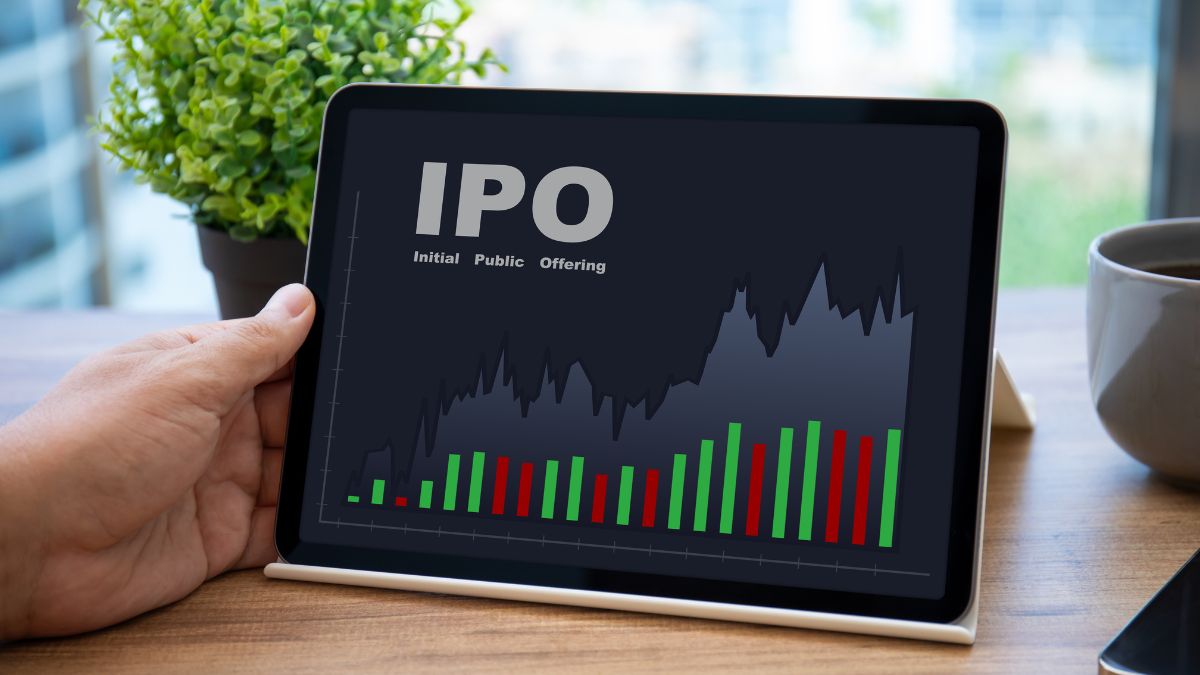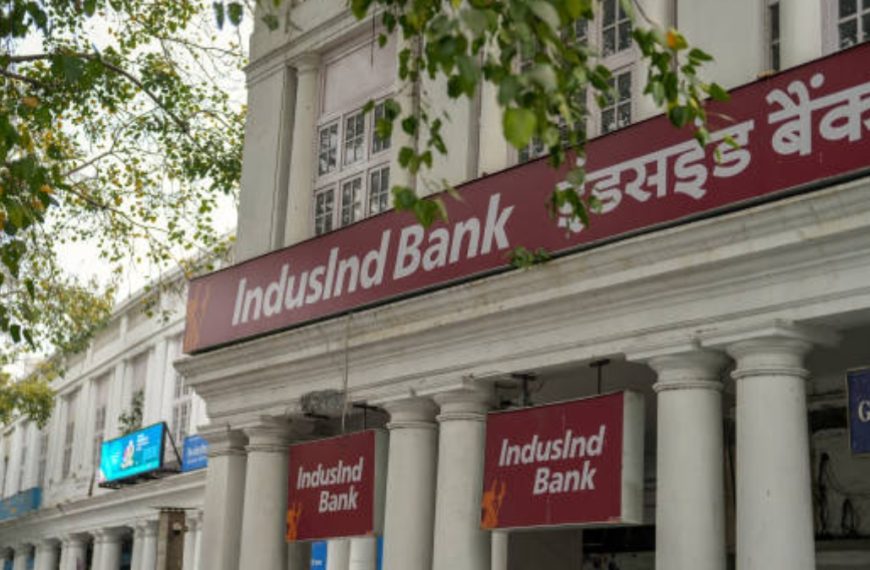Urban Company, a leading professional services platform, is gearing up for its long-anticipated initial public offering (IPO). This move will allow five early investors to partially cash out, with total earnings potentially reaching ₹1,471 crore, as outlined in the company’s recently submitted Draft Red Herring Prospectus (DRHP). The IPO consists of a fresh share issuance valued at ₹429 crore, while the offer-for-sale (OFS) portion is set to dominate the overall ₹1,900 crore offering.
Key Investors in the IPO
The selling shareholders include notable investors such as Accel, Elevation Capital, Bessemer India, Tiger Global (via Internet Fund V), and VYC11. Here’s a quick breakdown of their expected proceeds:
- Accel: Up to ₹433 crore
- Elevation Capital: Up to ₹346 crore
- Tiger Global: Up to ₹303 crore
- VYC11: Up to ₹216 crore
- Bessemer: Up to ₹173 crore
These exits are particularly lucrative, considering these investors entered at much lower valuations during the company’s earlier funding rounds. For instance, Accel and Elevation Capital participated in Urban Company’s initial funding round, investing $1.6 million back in 2015.
Profit Margins for Early Investors
Accel stands to gain the most from this IPO, with a remarkable weighted average acquisition cost of just ₹3.61 per share. In comparison, Elevation’s average cost is ₹5.39, Bessemer’s is ₹7.14, VYC11’s is ₹20.40, and Tiger Global’s is ₹60.25. This discrepancy means that Accel’s exit value is approximately 16.7 times higher per share than that of Tiger Global, showcasing the substantial returns for early-stage investors.
Interestingly, the three co-founders—Abhiraj Singh Bhal, Raghav Chandra, and Varun Khaitan—are not participating in the share sale. Each holds a 6.67% stake in the company.
Previous Share Liquidation Activities
Before the IPO filing, both the founders and several investors had already started liquidating their holdings. Between September and February, the founders collectively sold shares worth nearly ₹780 crore. Notable transactions included:
- September: Shares worth ₹126 crore sold to Dharana Capital
- October: Shares worth ₹124 crore sold to Prosus
- December: Additional transactions totaling ₹482 crore to Prosus and Arohi Seed
- January-February: Further sales of ₹50 crore
Similarly, investors like Accel, Tiger Global, and Bessemer also reduced their stakes, offloading shares valued at nearly ₹615 crore across multiple transactions from September to December.
A Bright Future in Home Services
Urban Company is strategically positioned in the largely unregulated home services sector, projected to hit $97.4 billion by 2029, according to Redseer. Currently, the market has less than 1% online penetration, indicating significant opportunities for digital growth.
The platform claims its service providers earn 15-20% more than typical gig workers in food delivery while working fewer hours. As of December 2024, Urban Company boasted over 48,169 active service professionals in India.
Financial Performance Highlights
The company reached profitability during the nine months leading up to December 2024, reporting a restated profit before tax of ₹27.1 crore, a significant turnaround from a ₹57.8 crore loss in the same timeframe the previous year. A deferred tax credit of ₹215 crore further boosted its profit after tax to ₹243 crore. Operational revenue surged by 41% to ₹846 crore, while expenses grew by 23%, resulting in an adjusted EBITDA of ₹93 crore. The final financial results for the fiscal year 2025 are still pending.
In summary, Urban Company is not only eyeing a substantial IPO but also leveraging its early investors’ backing to solidify its position in a burgeoning market. The upcoming IPO reflects a pivotal moment for both the company and its early-stage investors, promising exciting developments ahead.











